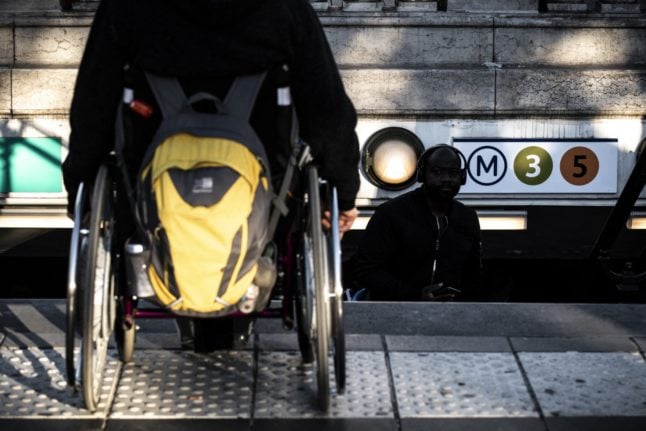Few could argue that the Paris Olympics weren’t spectacular – in particular with regard to the beautiful venues. From beach volleyball at the Eiffel Tower to fencing inside the Grand Palais, equestrian events in the grounds of the Palace of Versailles to urban sports in the Place de la Concorde, the Games had a strong look.
The Olympics are now over, but there is a second chance to experience all of those beautiful venues in person – at the Paralympics which start in two weeks.
Games organisers are keeping the temporary venues which have been set up around the city and Paralympics events will be staged largely in the same venues as the Olympics – including the more traditional sporting venues such as the Stade de France, which will host para athletics.
And the good news is that tickets are still available and start from €15. Meanwhile for those outside Paris, prices for accommodation and travel have dropped to seasonal norms – making a last-minute Paris trip feasible for some.
Tickets
Tickets are sold on the same platform as Olympics tickets – HERE – and the process is the same – buy tickets online and then download the Paris 2024 Tickets app to receive the ticket. As with the Olympics, there is no option for paper tickets.
How to use the Olympics and Paralympics app
There is also the official resale platform – HERE – allowing people to sell tickets that they no longer want or cannot use.
Tickets for the Paralympics start at €15 with half of all tickets on sale for €25 or less. Tickets for event finals range from €20 to €100.
As of Saturday, around half of the 2.8 million tickets on offer have been sold, meaning that there are plenty of available seats even for the most popular events such as wheelchair basketball and the athletics events.
Dates
The Paralympics begin on Wednesday, August 28th and run until Sunday, September 8th.
The opening ceremony is at 8pm on August 28th – like the Olympics this will be held in the city centre, not a stadium, although this time there will be no river parade. Instead the athletes will parade down the Champs-Elysées and into Place de la Concorde.
The ceremony itself has been designed by Thomas Jolly – who also did the Olympics opening and closing ceremonies – so expect the unexpected.
Events
Paralympic events follow largely the same pattern as the Olympics with various adaptations of the sports eg basketball becomes wheelchair basketball, volleyball becomes sitting volleyball.
The other difference is the event classifications according to level of disability, meaning that instead of one men’s 100m final there are several according to level of disability eg single-leg amputee, double leg-amputee etc.
As with the Olympics, the marathon and cycling road races will be held on a course going through the city for which no tickets are required – you can just go along and watch as the races come through your neighbourhood.
Fan zones
The Olympic fan zones will also largely be staying in place ready for the Paralympics, with the exception of the Trocadéro fan zone, which closes. Instead a selection of winning athletes will parade each day at the La Villette fan park.
Other fan zones will keep their big screens, entertainment and food and drink offerings.
MAP Where to find the free fan zones
Travel
Wondering if you could afford a trip to Paris for the Games? Well we’re not going to pretend that Paris is a cheap city, but travel websites are mostly listing prices during the Paralympics as at or even slightly below seasonal averages.
The hotel booking website kayak is offering hotels from around €100 a night (for a double or twin room) while Booking.com is offering hotels from around €100 a night and apartments at slightly less. Meanwhile Airbnb is listing apartments or studios that sleep two people from €65 a night.
When it comes to travel, prices are again looking about average for the season – if you’re happy to travel on a weekday Eurostar has tickets for €73 per person going from London, while Easyjet is offering outbound flights from €75 from London, returns from €35.
Flying from the US is naturally more expensive, but here too prices are within seasonal norms, with Skyscanner offering flights from New York from €500.
Go on, you know you want to . . .



 Please whitelist us to continue reading.
Please whitelist us to continue reading.
Member comments